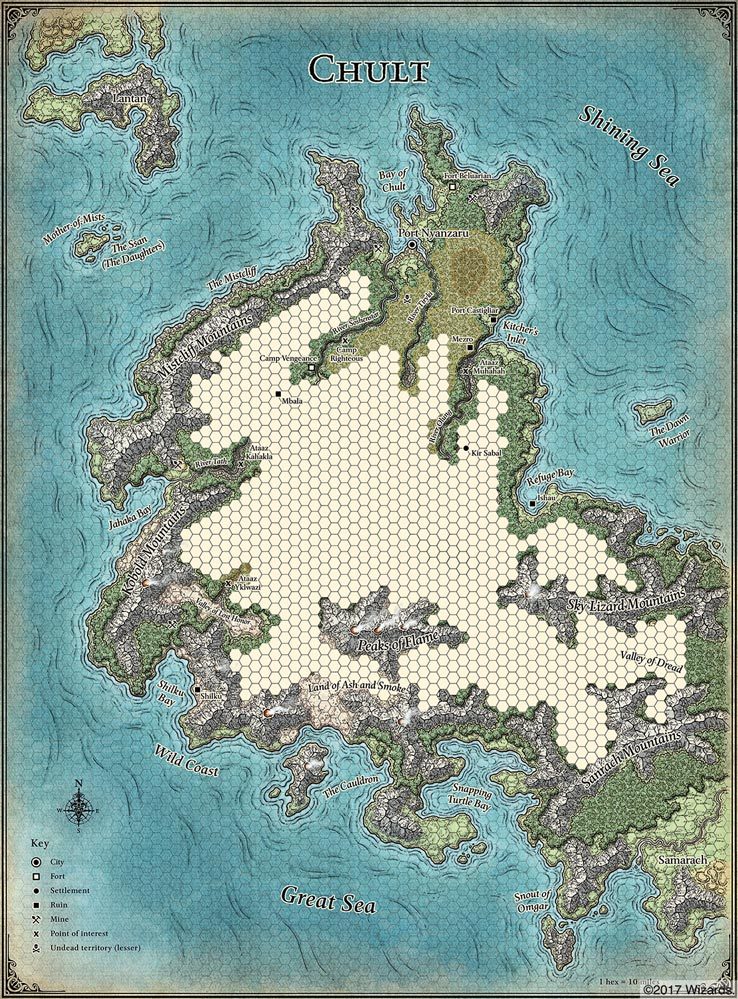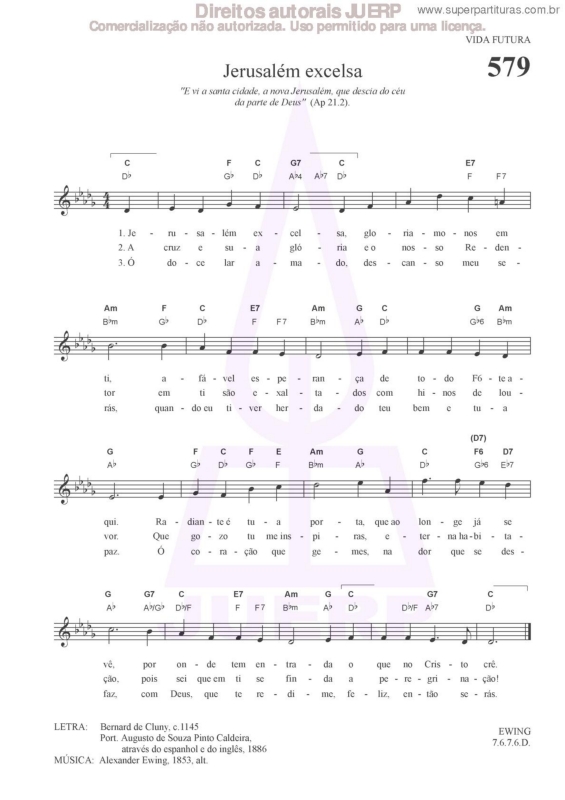In every country of the world thepoorest woman is allowed. For that celestial country where He who sees my. Bernard, and the other monks of Cluny estab. Excel as much in virtue as in authority. 'My con- science,' he wrote to him. Monk of Cluny, on the Celestial. Country, 1862.' Bernard of Clairvaux - Wiki. Saint Bernard of Clairvaux. St Bernard in. According to tradition, Bernard founded the monastery on 2. 5, naming it Claire Vall. There Bernard would preach an immediate faith, in which the intercessor was the Virgin Mary. 19th-century Christian hymn by John Mason Neale. This page was last edited on 20 April 2019, at 21:55. All structured data from the main, Property, Lexeme, and EntitySchema namespaces is available under the Creative Commons CC0 License; text in the other namespaces is available under the Creative Commons Attribution-ShareAlike License; additional terms may apply.
Contents.Early life (1090–1113) Bernard's parents were, lord of, and , both members of the highest nobility of. Bernard was the third of seven children, six of whom were sons.
At the age of nine years, he was sent to a school at run by the of Saint-Vorles. Bernard had a great taste for literature and devoted himself for some time to poetry.
His success in his studies won the admiration of his teachers. He wanted to excel in literature in order to take up the study of the. He had a special devotion to the, and he later wrote several works about the.
Bernard of Clairvaux, true effigy by Georg Andreas Wasshuber (1650–1732)There was at first virtually no popular enthusiasm for the crusade as there had been in 1095. Bernard found it expedient to dwell upon taking the cross as a potent means of gaining absolution for sin and attaining grace.
On 31 March, with King present, he preached to an enormous crowd in a field at, making 'the speech of his life'. The full text has not survived, but a contemporary account says that 'his voice rang out across the meadow like a celestial organ'James Meeker Ludlow describes the scene romantically in his book The Age of the Crusades:A large platform was erected on a hill outside the city. King and monk stood together,. The enthusiasm of the assembly of Clermont in 1095, when and Urban II launched the first crusade, was matched by the holy fervor inspired by Bernard as he cried, 'O ye who listen to me! Hasten to appease the anger of heaven, but no longer implore its goodness by vain complaints. Clothe yourselves in sackcloth, but also cover yourselves with your impenetrable. The din of arms, the danger, the labors, the fatigues of war, are the penances that God now imposes upon you.
Hasten then to expiate your sins by victories over the Infidels, and let the deliverance of the holy places be the reward of your repentance.' As in the olden scene, the cry '! ' rolled over the fields, and was echoed by the voice of the orator: 'Cursed be he who does not stain his sword with blood.' When Bernard was finished the crowd enlisted en masse; they supposedly ran out of cloth to make crosses. Bernard is said to have flung off his own robe and began tearing it into strips to make more.
Others followed his example and he and his helpers were supposedly still producing crosses as night fell.Unlike the First Crusade, the new venture attracted royalty, such as;,;; Louis's brother;;;;,; and numerous other nobles and bishops. But an even greater show of support came from the common people.
Bernard wrote to the pope a few days afterwards, 'Cities and castles are now empty. There is not left one man to seven women, and everywhere there are widows to still-living husbands.' Bernard then passed into Germany, and the reported miracles which multiplied almost at his every step undoubtedly contributed to the success of his mission. And his nephew, received the cross from the hand of Bernard. Pope Eugenius came in person to France to encourage the enterprise. As in the First Crusade, the preaching led to attacks on; a fanatical French monk named was apparently inspiring massacres of Jews in the Rhineland, and, with Radulphe claiming Jews were not contributing financially to the rescue of the Holy Land.
The and the were vehemently opposed to these attacks and asked Bernard to denounce them. This he did, but when the campaign continued, Bernard traveled from Flanders to Germany to deal with the problems in person.
He then found Radulphe in Mainz and was able to silence him, returning him to his monastery.The last years of Bernard's life were saddened by the failure of the Second Crusade he had preached, the entire responsibility for which was thrown upon him. Bernard considered it his duty to send an apology to the Pope and it is inserted in the second part of his 'Book of Considerations.' There he explains how the sins of the crusaders were the cause of their misfortune and failures.Moved by his burning words, many Christians embarked for the Holy Land, but the crusade ended in miserable failure. Final years (1149–53). Bernard receiving milk from the breast of the Virgin Mary.
The Celestial Country Composer

The scene is a legend which allegedly took place at in 1146.The death of his contemporaries served as a warning to Bernard of his own approaching end. The first to die was Suger in 1152, of whom Bernard wrote to Eugene III, 'If there is any precious vase adorning the palace of the King of Kings it is the soul of the venerable Suger'. Conrad III and his son Henry died the same year. From the beginning of the year 1153, Bernard felt his death approaching. The passing of Pope Eugenius had struck the fatal blow by taking from him one whom he considered his greatest friend and consoler. Bernard died at age sixty-three on 20 August 1153, after forty years spent in the cloister.
He was buried at the Clairvaux Abbey, but after its dissolution in 1792 by the, his remains were transferred to.Theology. Main article:Bernard was named a Doctor of the Church in 1830. At the 800th anniversary of his death, issued an encyclical on Bernard, in which he labeled him 'The Last of the Fathers.' Bernard did not reject human philosophy which is genuine philosophy, which leads to God; he differentiates between different kinds of knowledge, the highest being theological. The central elements of Bernard's Mariology are how he explained the of Mary, the 'Star of the Sea', and her role as.The first abbot of Clairvaux developed a rich theology of sacred space and, writing extensively on both.Bernard, like, denied the doctrine of the. Quotes Bernard several times in support of the doctrine of, which described as the article upon which the church stands or falls.
Calvin also quotes him in setting forth his doctrine of a forensic alien righteousness, or as it is commonly called. Temptations and intercessions One day, to cool down his lustful temptation, Bernard threw himself into ice-cold water. Another time, while sleeping in an inn, a prostitute was introduced naked beside him, and he saved his chastity by running.Many miracles were attributed to his intercession.

One time he restored the power of speech to an old man that he might confess his sins before he died. Another time, an immense number of flies, that had infested the Church of Foigny, died instantly after the he made on them.So great was his reputation that princes and sought his advice, and even the enemies of the Church admired the holiness of his life and the greatness of his writings. Spirituality. Stained glass representing Bernard. Upper Rhine, ca. 1450Bernard was instrumental in re-emphasizing the importance of and contemplation on Scripture within the Cistercian order.
Bernard had observed that when lectio divina was neglected monasticism suffered. Bernard considered lectio divina and contemplation guided by the the keys to nourishing Christian spirituality.Bernard 'noted centuries ago: the people who are their own have fools for disciples.'
Legacy Bernard's theology and continue to be of major importance, particularly within the Cistercian and Trappist orders. Bernard led to the foundation of 163 monasteries in different parts of Europe. At his death, they numbered 343. His influence led Alexander III to launch reforms that led to the establishment of. He was the first Cistercian monk placed on the and was by Alexander III 18 January 1174. Bestowed on him the title 'Doctor of the Church'.

He is labeled the 'Mellifluous Doctor' for his eloquence. Cistercians honour him as the founder of the order because of the widespread activity which he gave to the order.His feast day is 20 August.Bernard's ' is often published in Catholic prayer books.Bernard is 's last guide, in, as he travels through the. Dante's choice appears to be based on Bernard's contemplative mysticism, his devotion to Mary, and his reputation for eloquence.He is also the attributed author of the poems often translated in English hymnals as ' and 'Jesus the Very Thought of Thee'.The, a collection of buildings dating from the 12th, 17th and 19th centuries, is dedicated to Bernard and stands in his birthplace of.